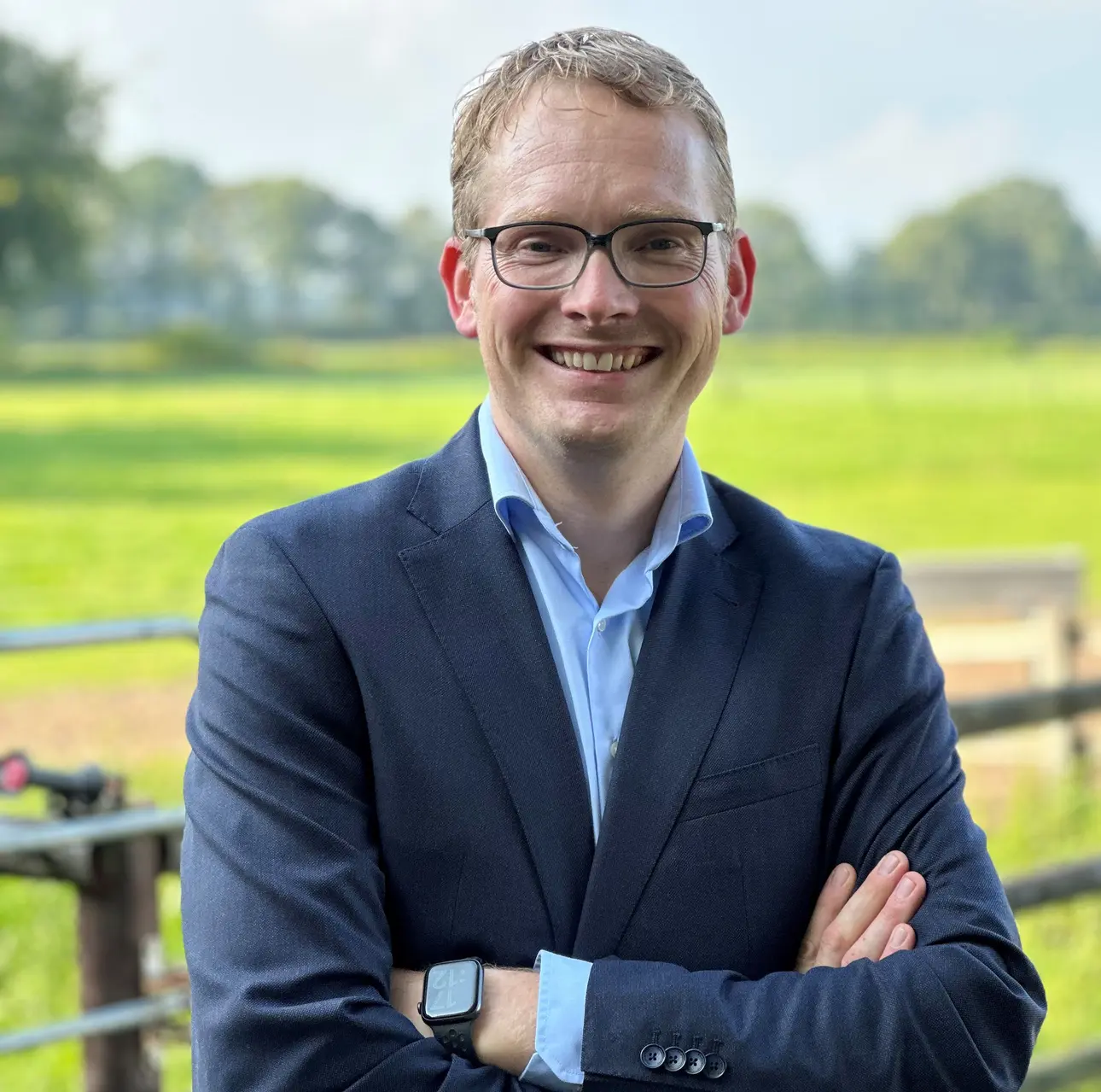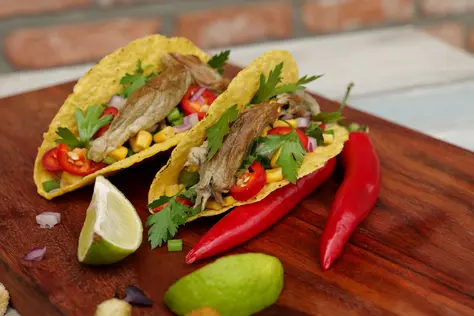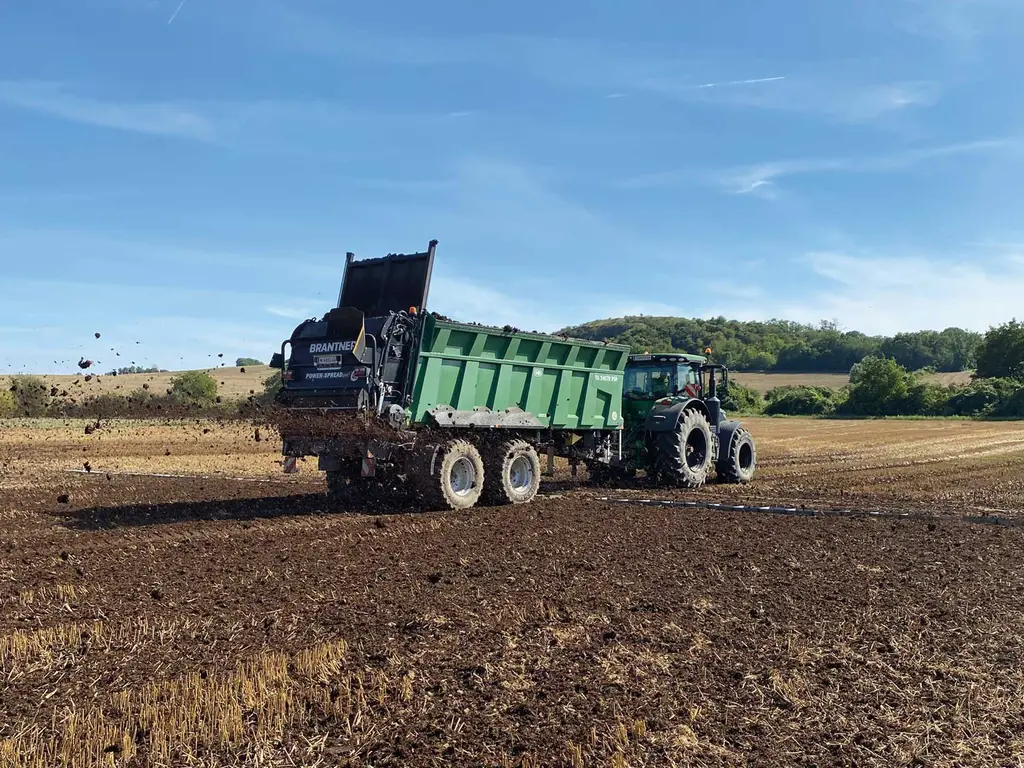The German Agricultural Society (DLG) Research and Innovation Team and the International Association for Agricultural Sustainability (IAAS) from Singapore organized and hosted the 10th International Agriculture Innovation Conference (IAIC) in Frankfurt this year. This collaborative effort aimed to foster international exchange, spark innovation, and drive sustainable development within the agri-food sector.

The conference, themed "Developing Agri-food Technologies: Policy and Business Considerations, kicked off on June 10th, 2024. The forum brought together experts and panelists from around the world, including Germany, the Netherlands, Australia, Spain, and Singapore.
DLG's Head of Research and Innovation, Dr. Nils Borchard, co-inaugurated the forum alongside Dr. Tan Wee Liang, Vice Chairman of IAAS. Their joint welcome set the stage for a day of insightful presentations, lively panel discussions, and valuable networking opportunities.
Innovation is the How, Sustainability is the Why
Sustainability and innovation are crucial in the agri-food industry because they address the urgent need to produce food more efficiently while minimizing environmental impact. The transformation of food systems in the EU, Singapore, and Australia is a complex interplay of private sector innovation and policy regulation. In the EU, policy regulations, such as the Farm to Fork strategy, strongly drive the shift towards sustainable agriculture and food production.
Initiatives like INUGA in Germany exemplify the potential of urban gardening to contribute to the Farm to Fork strategy by promoting sustainable and local food production, particularly in urban environments. By evaluating environmental benefits, creating tailored cultivation systems, and encouraging public participation, urban gardening can reduce emissions, enhance biodiversity, and improve community well-being.
While community-driven efforts are essential, the private sector also plays a pivotal role in driving innovation. RootCamp, an innovation hub supporting AgriTech and Bioeconomy startups, is one example of efforts to drive sustainable food systems. They offer programs, mentorship, and resources to help these startups grow and develop their solutions for the agriculture and food industry. Additionally, companies like RESPECTfarms[BN3] are pioneering alternative protein sources, such as cultivated meat, a method that grows meat in labs instead of raising animals. They collaborate with scientists to develop the technology and see existing farmers as partners who can transition their expertise to this sustainable future of meat production.
That this approach is brimming with potential confirms Valerie Pang who presented on the alternative protein landscape in APAC and Singapore. She is sure that with continued investment, innovation, and consumer education, this region is poised to play a major role in the future of sustainable protein production. Singapore, renowned for its food innovation, balances private sector-led food tech startups with government-backed initiatives like ‘30 by 30’ aiming to increase local food production to 30% by 2030.
A policy-driven approach to food system transformation may be less effective in Australia due to its vast and diverse agricultural landscape as Su McCluskey,representing the Australian Government, explains. The country's geographically dispersed production systems, varying climatic conditions, and the dominance of family-owned farms make it challenging to implement uniform, top-down policies. Additionally, Australia's strong tradition of agricultural self-sufficiency and market-based approach to farming can create resistance to heavy government intervention. These factors necessitate a more flexible and regionally tailored approach to food system transformation, combining policy incentives with grassroots innovation and industry-led initiatives.
Business and Biodiversity
Understanding how to harmonize policy incentives and business profitability for a sustainable agricultural future is a core focus of Dr. Nils Borchard's team. Since December 2022, DLG has been involved in the Biomonitor4CAP project, that tackles sustainability by aiming to develop tools that help farmers monitor biodiversity on their land. By combining traditional methods with cutting-edge technology, the project aims to provide data-driven insights to enhance biodiversity while maintaining profitability at the farm level.
Integrating biodiversity into business practices involves recognizing its intrinsic value and dependence on it. Companies can incorporate biodiversity considerations into their core operations by assessing and minimizing their ecological footprint, sourcing sustainable materials, and investing in biodiversity conservation. This can be achieved through life cycle assessments, supply chain transparency, habitat restoration, and partnerships with conservation organizations. By integrating biodiversity, businesses can enhance their reputation, mitigate risks, and contribute to a sustainable future while unlocking new market opportunities and fostering innovation.
To maximize the project's impact, the Biomonitor4CAP results will be shared through the EU-led biodiversity@business platform. This collaborative hub supports this transition by providing a collaborative network for businesses to share knowledge and implement biodiversity-friendly practices.
That pursuing sustainable business is no charity case, is also a point that was further highlighted by Ertan Can. Ertan’s Can's work at Multiple Capital is focused on identifying and investing in businesses that demonstrate a strong commitment to sustainability while generating substantial profits. This involves assessing companies' environmental impact, social responsibility, and governance practices, as well as their financial performance and growth potential. By aligning investment decisions with both sustainability and profitability, Multiple Capital aims to contribute to a more sustainable future while achieving attractive returns for its investors.
The way forward
The conference underscored the crucial role of policy, business, and technology in building sustainable food systems. By engaging with international experts and businesses, DLG is paving the way for a future where sustainability and biodiversity are integral to the agri-food sector, benefiting both the environment and the economy. The upcoming IAIC 2025 meeting in Sweden marks the next chapter in this newfound partnership. With the DLG on board as an advisor

















